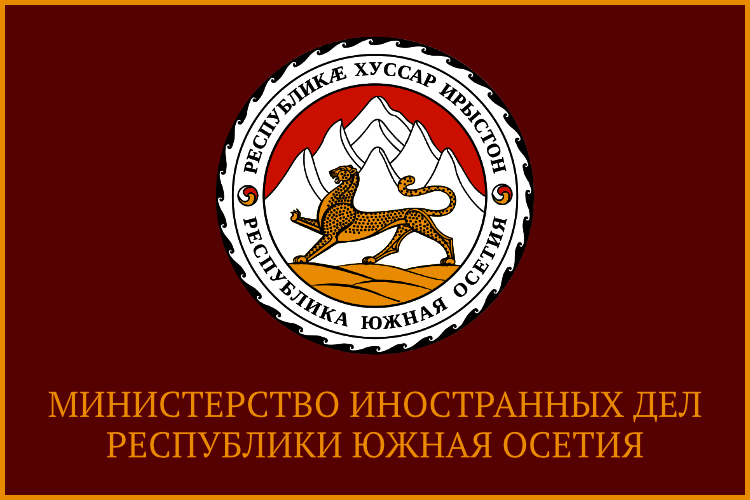On 12th March, 2012 the Georgian Deputy Foreign Minister Nino Kalandadze, speaking at a weekly press briefing, commented on the report of the U.S. Department of State Strategy for Drug Control. As Georgian politicians usually do Mrs. Kalandadze with the zeal of staff ill-wisher tried to turn the position of the report, which expressed concern about the level of drug crime in Georgia, against South Ossetia and Abkhazia, accusing them of drug trafficking.
Such statements are no more than speculations on the subject of drug trafficking. The aim is clear – to talk about the ‘necessity of an international police force deployment in the occupied territories’ again. Georgian politicians relevantly or irrelevantly raise the issue of the "necessity" of the deployment of an international police force in the neighboring countries with manic consistency - in the Republic of South Ossetia and the Republic of Abkhazia which, in their opinion, should bring these countries under dictate of Georgia.
However, such tricks are completely hopeless. First, the territory of South Оssetia has nothing to do with drug trafficking, and second, Russian troops and border guards are located in the Republic of South Ossetia on bilateral Russia - South Ossetia agreement, which guarantee its external and border security, while internal law and order is provided by South Ossetian law enforcement bodies. So, the "concern" of Georgia on "necessity" of an international police force deployment in South Ossetia is absolutely absurd. Besides, there is no legal basis for this. Let these international forces provide legal order, including drug trafficking in Georgia, where the traffic for drugs is directly open from countries producing drugs.
Georgian authorities make such statements for another reason - to distract attention from their own military preparations and other problems that threaten regional stability. If in 2008 Georgian troops destroyed Tskhinval and villages of South Ossetia mainly with the arms derived from other countries, then a few days ago, Georgian President Saakashvili announced that Georgia had established the issue of gun volley fire and infantry fighting vehicle.
Against the background of constant threats to Georgia's "restoration of territorial integrity" these military preparations, unfortunately, remain without due attention of the world community, and are really dangerous. If the international community reacted with due regard to the conclusions of the Independent Commission of the European Union that it was Georgia to start the aggression against South Ossetia in August 2008, then the appetite of the Georgian authorities would be more moderate now.
Tskhinval, 14 March 2012
